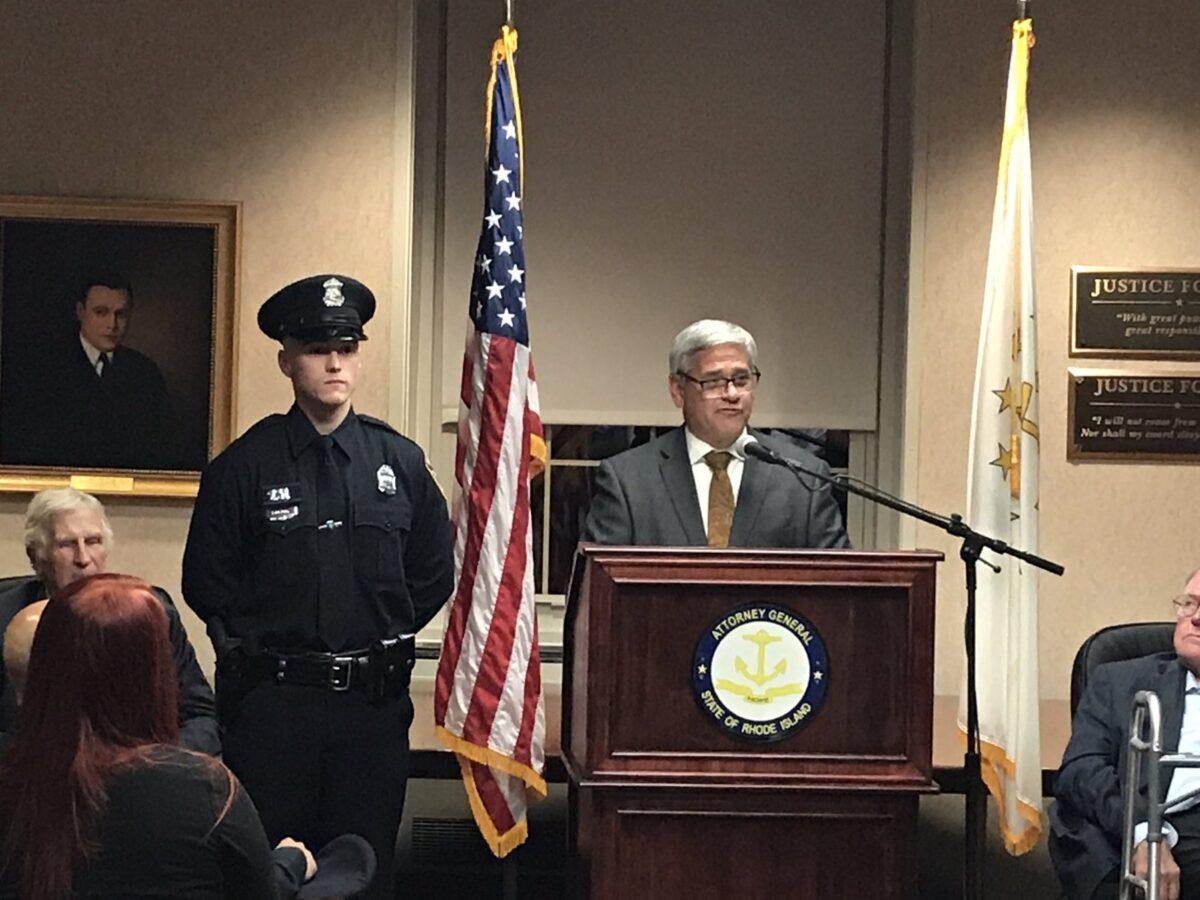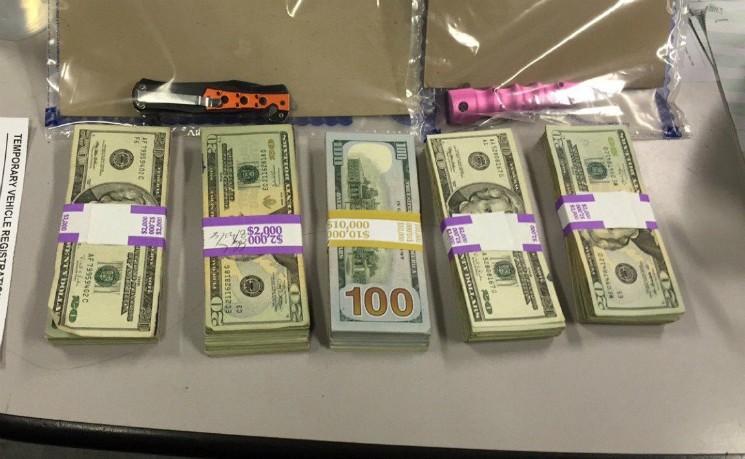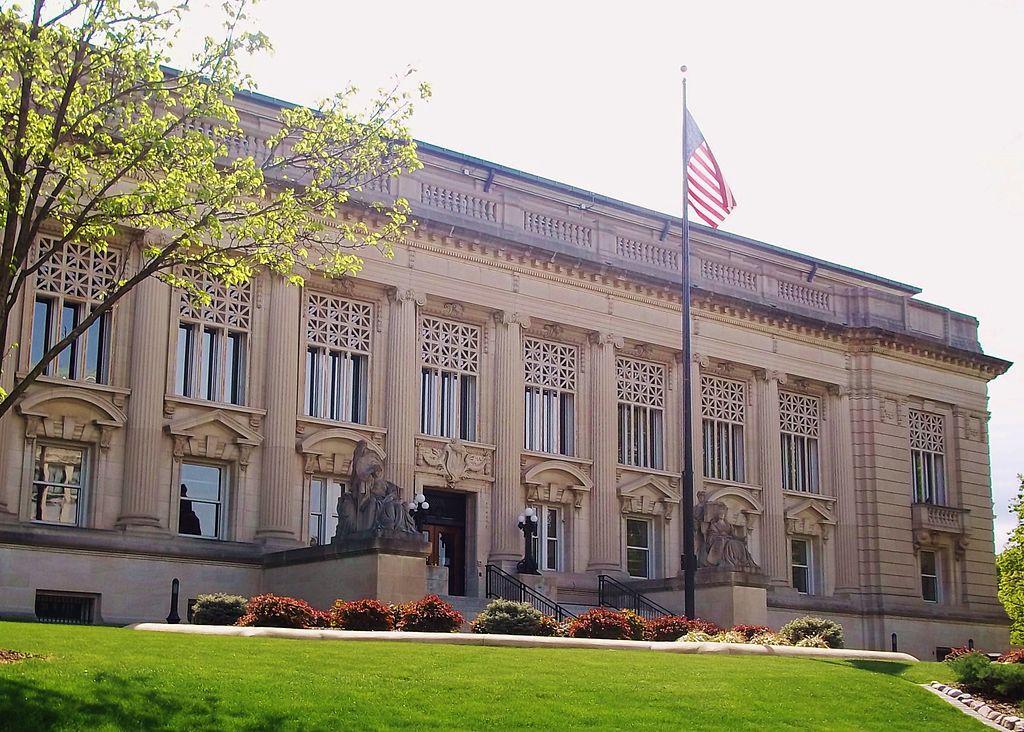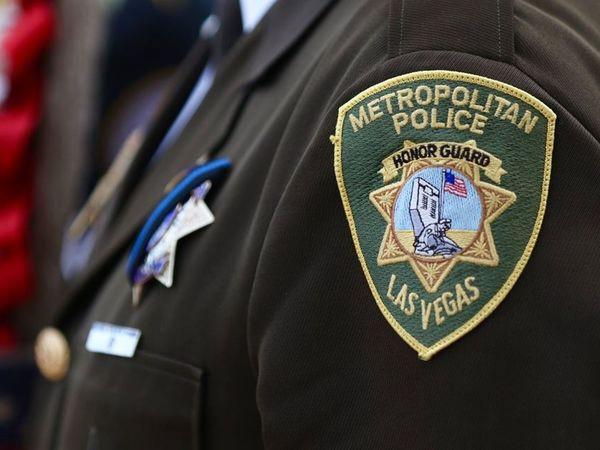
With Little Evidence, Pennsylvania State Police Seized $600,000 From Drivers
An investigation by The Appeal and Spotlight PA found that troopers in three counties have taken big money from drivers, many of whom were never charged.

An investigation by The Appeal and Spotlight PA found that troopers in three counties have taken big money from drivers, many of whom were never charged.

With wide jurisdiction and limited oversight, sheriffs play a pivotal role in policing and incarceration.

The city’s experiment with civil asset forfeiture was supposed to end, but the practices of its parking agency and some in state law enforcement suggest that police may be turning to other forms of property confiscation.

Law enforcement’s power to seize property suspected of being used in criminal activity regardless of whether the owner has been convicted of a crime has generated mounting public scrutiny of the practice, known as civil asset forfeiture. Both Nebraska and New Mexico have abolished civil asset forfeiture in recent years, and the Department of Justice under the […]

For decades, the New York Police Department has subjected people it arrests to a labyrinthine and bureaucratic process for retrieving their seized property. Often, poor New Yorkers — many without the legal assistance needed to navigate this process — give up on their property instead of trying to get it back. In a rare disclosure to the public, the […]

In our Explainer series, Justice Collaborative lawyers and other legal experts help unpack some of the most complicated issues in the criminal justice system. We break down the problems behind the headlines—like bail, civil asset forfeiture, or the Brady doctrine—so that everyone can understand them. Wherever possible, we try to utilize the stories of those affected […]

Criminal charges are absent from 85 percent of all forfeiture cases in the city.

An Indiana vehicle seizure law that allows police and prosecutors to seize vehicles before the owner has been convicted of a crime has been ruled unconstitutional. Earlier this month, U.S. District Judge Jane Magnus-Stinson ruled that seizing vehicles before an official forfeiture action violated the Constitutional right to due process. “The Court concludes that the statutory provisions […]

In 2015, New Mexico became the first state to ban civil asset forfeiture, also known as policing for profit. Law enforcement cannot take people’s valuables and use the civil court system to gain ownership of them. State law now stipulates that cash and property can only be seized by law enforcement and forfeited when the original […]

The Illinois Supreme Court has smacked down a prosecutor who created his own private police force with civil asset forfeiture dollars. Former LaSalle County State Attorney Brian Towne created the task force in 2011. According to Forbes, “Using the state’s civil forfeiture laws, which allow law enforcement to seize — and keep — property even if the owner has never been criminally charged, […]

Between July 2015 and June 2016, the Las Vegas Metropolitan Police Department (LVMPD) made $1.9 million from civil asset forfeiture, the law enforcement practice of seizing cash and property from members of the public and forcing them to legally forfeit those belongings. Now, evidence shows that the funds came from low-income, predominately non-white neighborhoods. According to […]